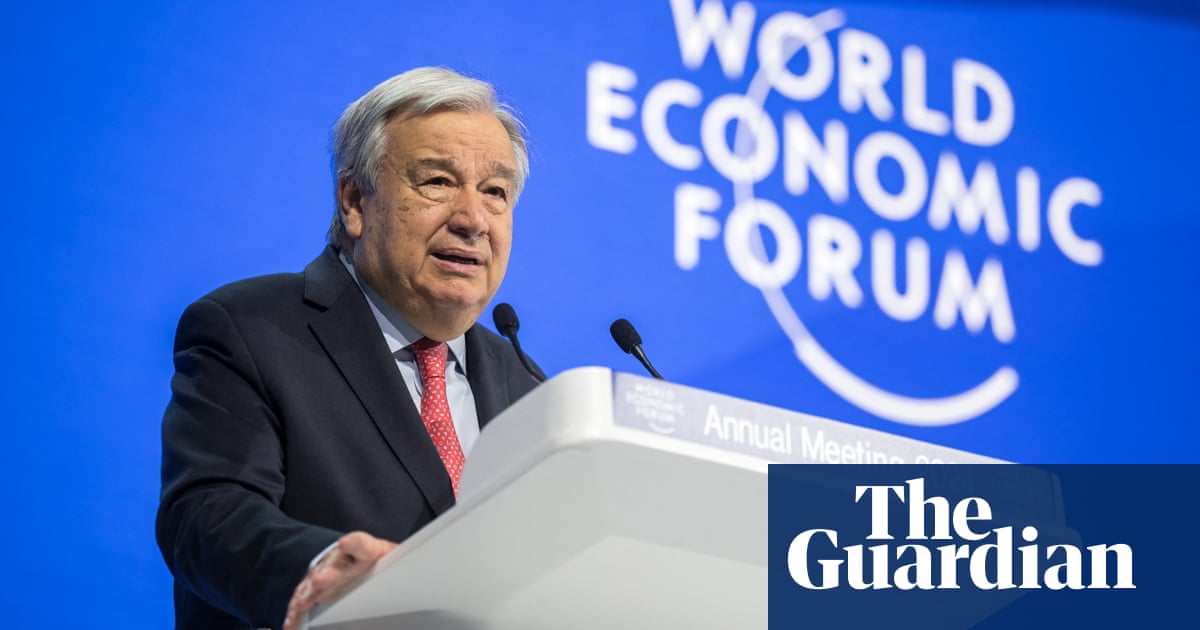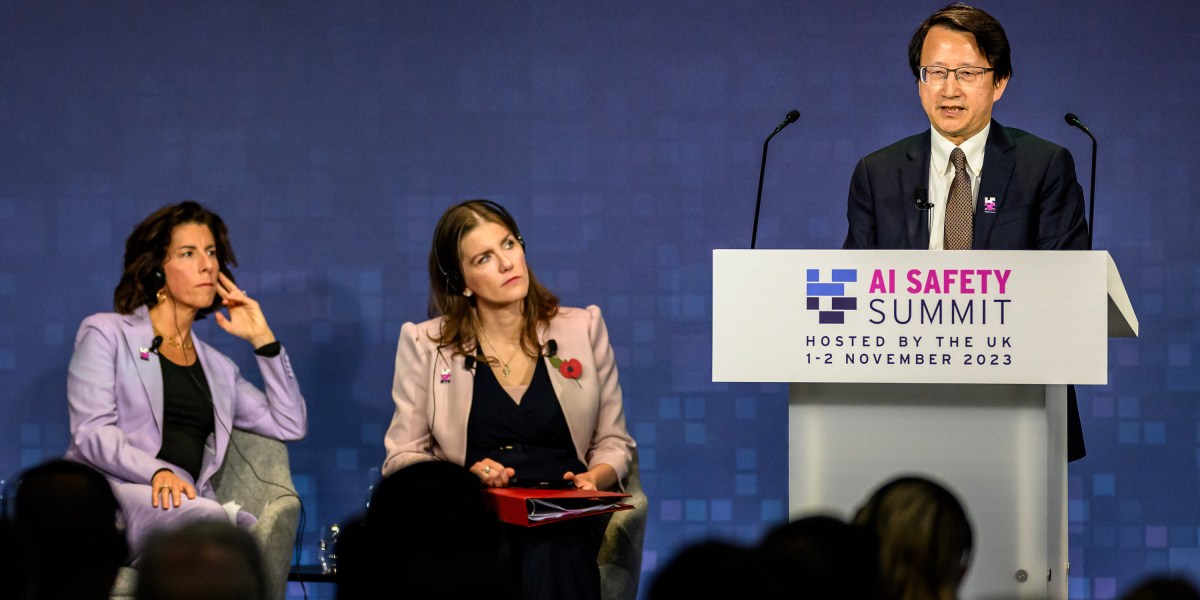The head of the United Nations has cautioned that major technology corporations are aggressively chasing profits from artificial intelligence, emphasizing the pressing need for immediate action to mitigate the risks associated with this rapidly expanding sector.
During his address at the World Economic Forum in Davos, UN Secretary-General António Guterres launched a scathing critique against tech giants, highlighting how each advancement in generative AI heightens the potential for unintended repercussions. Drawing parallels between the risks posed by AI and the climate emergency, he underscored the lack of a cohesive strategy within the international community to address these critical issues.
In a direct challenge to tech industry representatives present at the WEF, Guterres urged collaboration with governments to establish regulatory frameworks for AI, stressing the importance of safeguarding against the misuse of this technology. While acknowledging the positive impact AI could have on sustainable development, he referenced a recent report by the International Monetary Fund warning of its potential to exacerbate inequality.
Despite assertions from tech companies about implementing safeguards to prevent AI misuse, Guterres maintained that more concerted efforts were essential. He called for governmental and intergovernmental involvement in ensuring that AI is harnessed for societal good, emphasizing the necessity of proactive risk management and the mitigation of future harms.
Furthermore, Guterres advocated for enhanced accessibility to AI, particularly in developing economies, to ensure widespread benefits from its transformative capabilities. He stressed the urgency of narrowing the digital divide rather than perpetuating it through unequal access to technology.
At a separate Davos event, Sam Altman, the chief executive of OpenAI, underscored the imperative for an energy revolution to meet the escalating energy demands of AI. Altman highlighted the potential of climate-friendly energy sources like nuclear fusion and affordable solar power and storage as crucial for the sustainable advancement of AI technologies.
Guterres also admonished fossil fuel companies for impeding progress on climate action, emphasizing the indispensable need for transitioning away from fossil fuels towards renewable energy sources. He criticized the fossil fuel industry for obstructing efforts to combat climate change and underscored the inevitability of phasing out fossil fuels for a just and equitable transition to renewable energy.
In conclusion, Guterres underscored the critical need for a comprehensive global strategy to address the intertwined challenges of climate change and AI development, emphasizing the imperative for immediate and collective action in the face of these existential threats.






